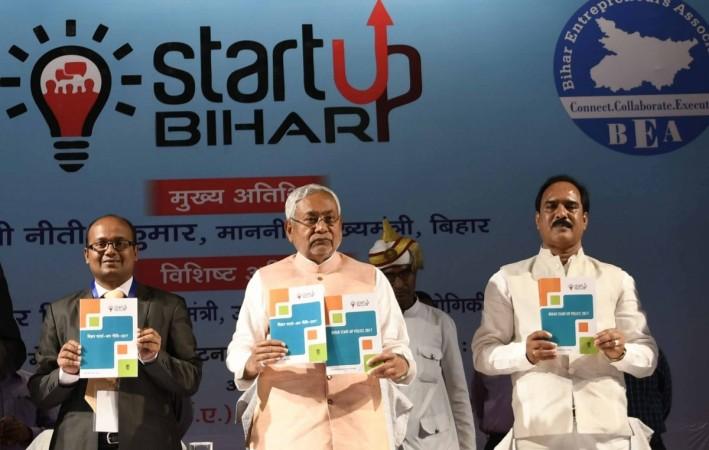![[Representational Image] Start-up](https://data1.ibtimes.co.in/en/full/713520/start.jpg?h=450&l=50&t=40)
Indian startups raised nearly $7 billion in the first half of 2024, showing growth potential. The push for increased domestic funding and a self-regulating ecosystem is not without precedent. In the past, countries like the United States and China have successfully leveraged domestic capital to fuel their startup growth. For instance, Silicon Valley's success can be attributed in part to the significant investments made by domestic venture capital firms and angel investors.
The Indian FMCG sector provides a relevant example of how domestic demand can drive growth. The sector is projected to see a revenue growth of 7-9% in fiscal 2025, following an estimated 5-7% growth in fiscal 2024. This growth is largely attributed to a resurgence in rural demand, supported by government initiatives like infrastructure upgrades and support for rural areas. This example underscores the potential of domestic demand in driving growth and highlights the need for similar strategies in the startup sector.

India's startup ecosystem is at a critical juncture, with the need for increased domestic funding becoming increasingly apparent. This sentiment was echoed by G20 Sherpa and former NITI Aayog CEO, Amitabh Kant, who recently emphasized the importance of domestic capital in driving India's startup movement. Kant's call to action is not just a plea for financial support, but a strategic move aimed at fostering self-reliance and promoting sustainable growth within the Indian startup sector.
Kant's argument is grounded in the current funding landscape of Indian startups, where foreign funding accounts for a staggering 75% of the total capital inflow. While foreign investments have undoubtedly played a significant role in propelling India's startup growth, the over-reliance on external funding sources poses a potential risk to the long-term sustainability of the ecosystem.
To counter this, Kant advocates for a more balanced funding approach, one that leverages the vast pool of domestic capital available within the country. He suggests that large institutions such as insurance companies and pension funds should set aside a portion of their investible surpluses for startup investments.
Furthermore, he encourages family businesses and offices to step into the role of angel investors or provide seed funding, thereby diversifying the funding sources and reducing the dependency on foreign capital. The call for increased domestic funding comes at a time when Indian startups have shown remarkable resilience and growth potential.

In the first half of 2024, Indian startups raised nearly $7 billion, surpassing the $5.92 billion raised in the first half of 2023. However, these figures still fall short of the $20 billion raised in the first half of 2022, underscoring the need for a more robust and sustainable funding mechanism.
Kant's advocacy for domestic funding is not just about financial resources; it's also about fostering a conducive environment for startups to thrive. He argues against excessive government regulation, stating that it stifles innovation.
Instead, he champions a self-regulating ecosystem that promotes transparency and ethical behavior. This approach, he believes, will not only foster a vibrant startup movement but also ensure proper financial management and audit practices within the ecosystem.
Similarly, China's tech giants like Alibaba and Tencent have been largely funded by domestic sources, enabling them to innovate and grow without excessive reliance on foreign capital.
The call for increased domestic funding in India's startup ecosystem is both timely and necessary. It represents a strategic shift towards self-reliance and sustainable growth, leveraging the vast pool of domestic capital and fostering a conducive environment for startups to thrive. As India continues to cement its position as a global startup hub, the role of domestic funding will undoubtedly become increasingly critical in shaping the future of the ecosystem. This shift towards domestic funding is not just a financial strategy, but a holistic approach to building a robust and sustainable startup ecosystem that can drive India's economic growth in the years to come.

















